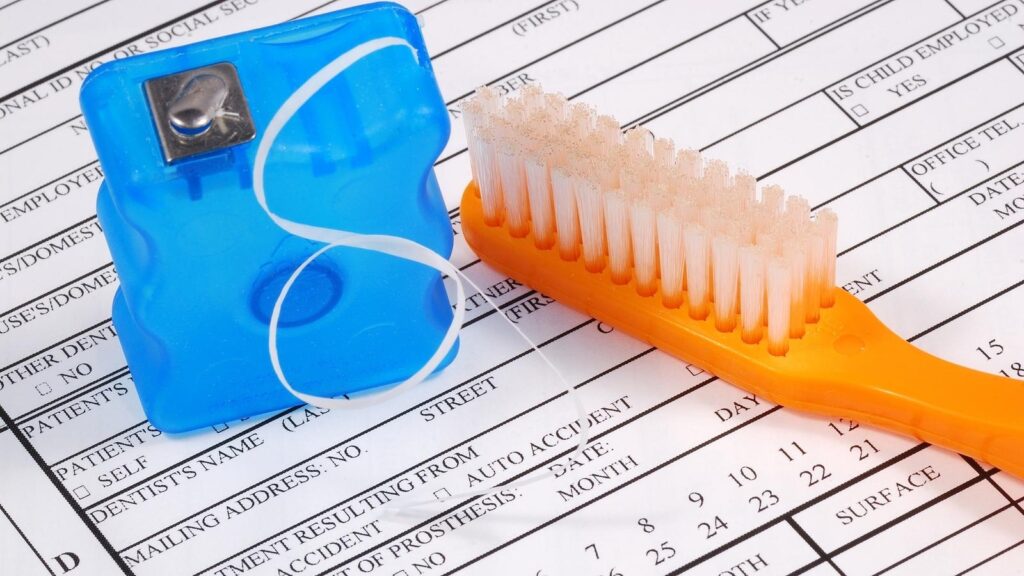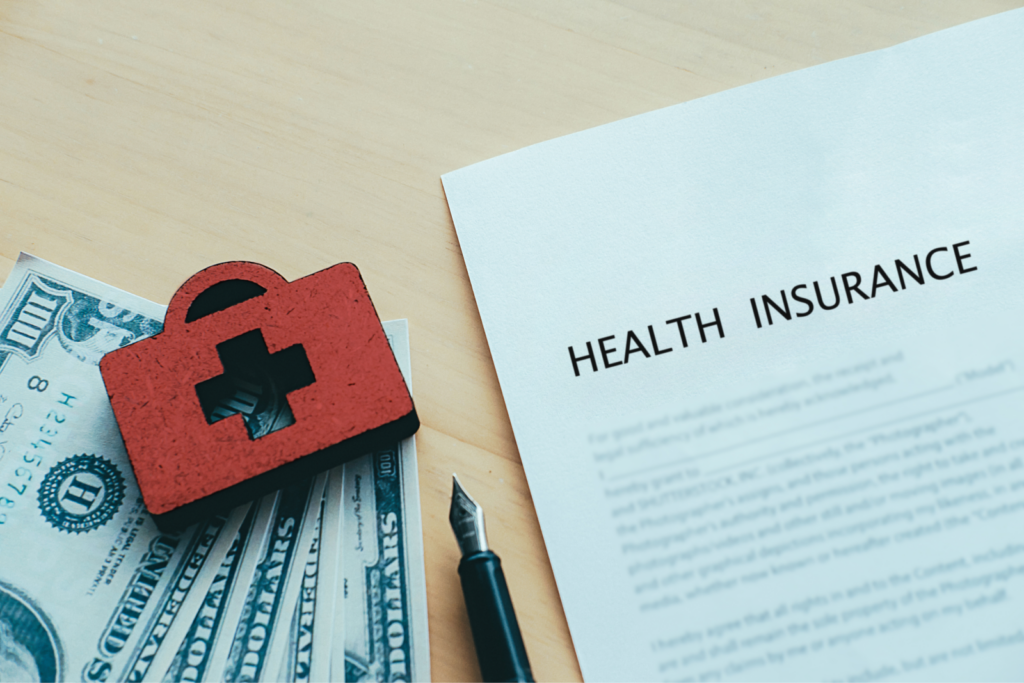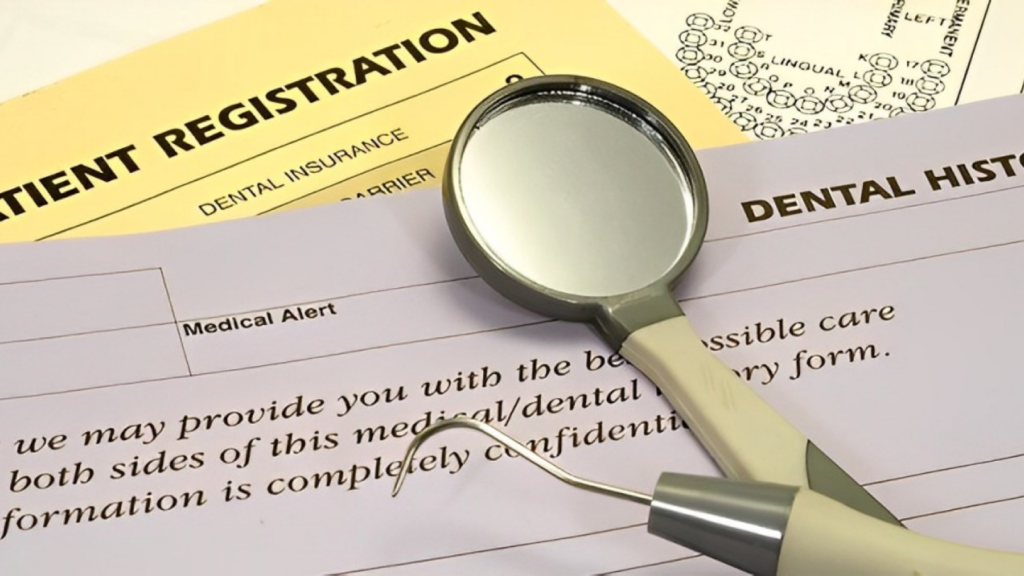Discover the Benefits of Dental Insurance
You have insurance, had a doctor’s visit, received an EOB, now what? Knowing how to read your EOB or Explanation of Benefits, is helpful to understanding your medical coverage and may keep your gray hairs at bay.




